DLC: Digital Learning Collaborative
Managed by Evergreen Education Group, the The Digital Learning Collaborative (DLC) is a membership group dedicated to exploring, producing, and disseminating data, information, news, and best practices in digital learning. Current members include school districts, intermediate units, public agencies, non-profit organizations, and companies.
The DLC exists to fill the information gap to help all stakeholders better understand the K-12 digital learning field and to apply that knowledge to their work, including; educators, school board members, reporters, researchers, policymakers…
Members of the Digital Learning Collaborative believe the following:
Online, blended, and digital learning—as characterized here—encompass a wide range of schools, instructional strategies and practices that may be implemented across a district, network of schools, single school, or individual classroom.
Existing schools and programs demonstrate that many of these instructional strategies and practices are helping K-12 schools and students improve educational opportunities and outcomes.
Online, blended, and digital learning encompass practices that may be implemented well or poorly. Therefore, the theoretical question “does online/blended/digital learning work” is nonsensical in the same way as asking “do traditional schools work?”
The technology used in online, blended, and digital learning always supports teachers and other professional adults who work with students in a variety of ways. There are no examples of successful, scalable educational programs in the United States that operate without teachers.
Although K–12 digital learning has a track record that extends over more than two decades, significant myths and misunderstandings are common. The DLC exists in part to counter these myths and replace them with data and accurate information.
Many different types of organizations have a valuable role to play in improving education. Digital tools, resources, and instruction are created and implemented by a wide variety of organizations that include individual schools, districts, regional public agencies, state agencies, private non-profit organizations, and for-profit companies.
Individual Collaborative members support these principles. Collaborative documents and resources build on these principles but may not always reflect the views of individual DLC members.
Future of School has partnered with the DLC to host the 2020-2021 Resilient Schools Project (RSP) to lead the much-needed pathway towards near-term, short-term, and long-term school transformation. Stories of the Resilient Schools Project (RSP) progress are shared out on social media throughout 2021 through @DLC and @futureof_school and on the RSP website: www.resilientschoolsproject.org.



